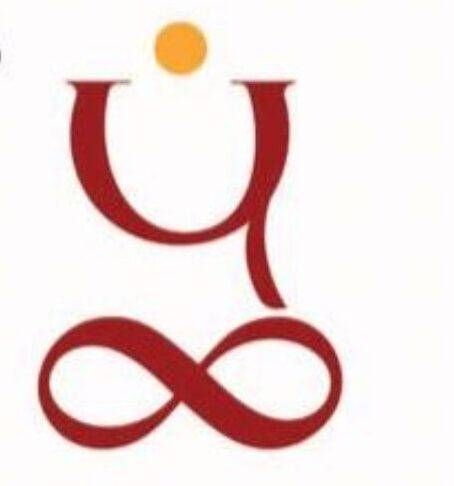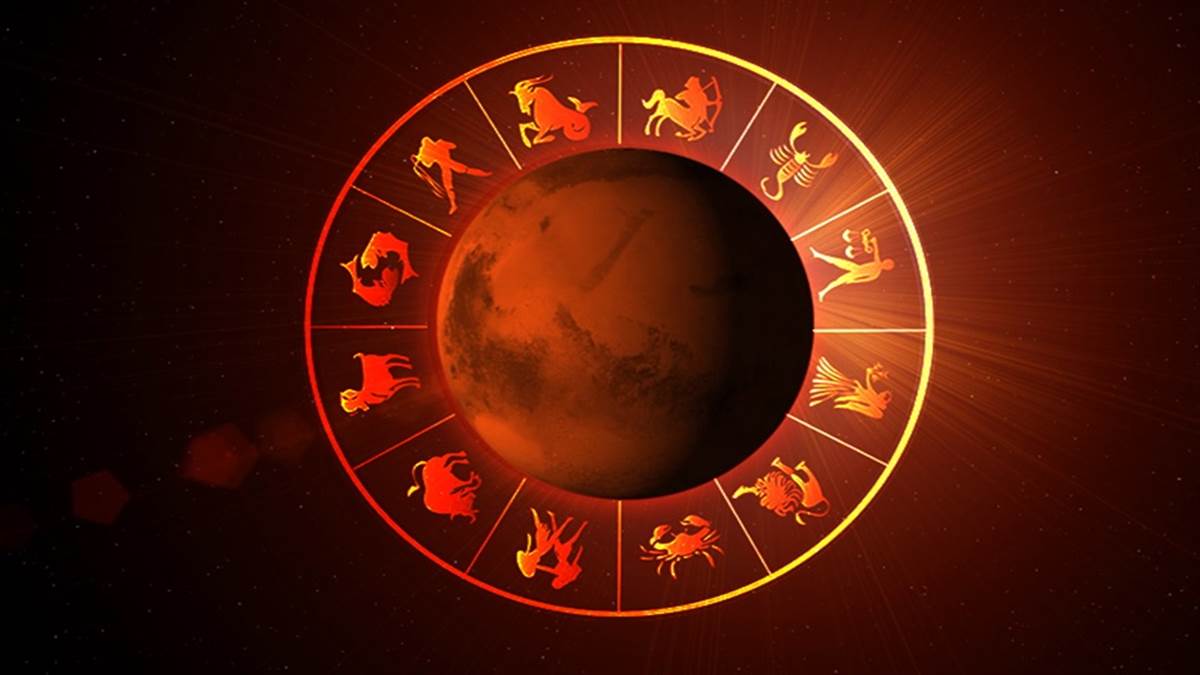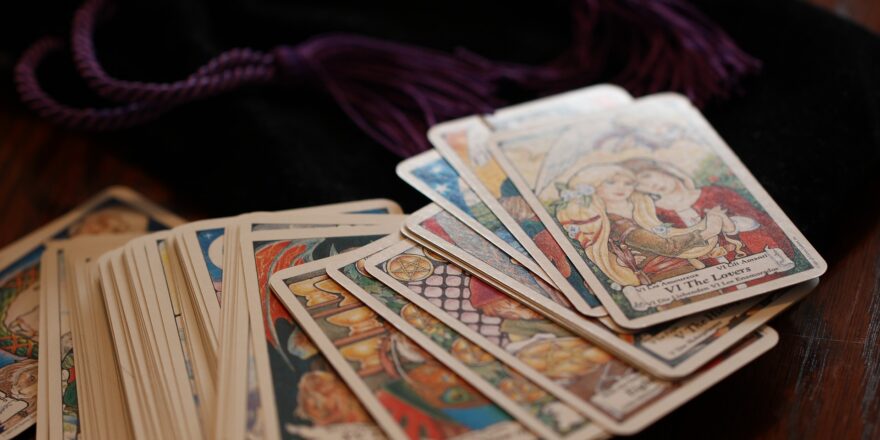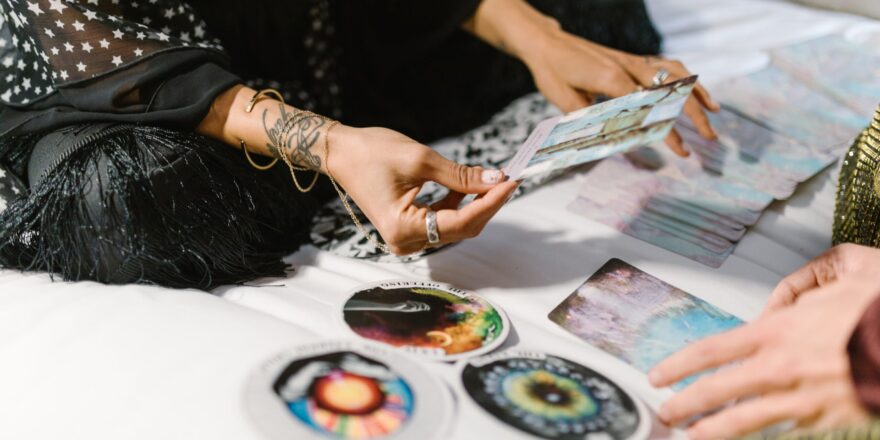In the realm of Vedic astrology, the concept of Mangal Dosh holds significant importance, especially concerning marital relationships. Also known as Manglik Dosh or Kuja Dosh, it refers to the position of the planet Mars (Mangal) in one’s horoscope. This astrological phenomenon is believed to have profound implications for marriage compatibility and can influence various aspects of a person’s life, particularly their relationships.
What is Mangal Dosh?
Mangal Dosh occurs when Mars is placed in certain positions within the birth chart, particularly the 1st, 2nd, 4th, 7th, 8th, or 12th house. According to Vedic astrology, the placement of Mars in these houses can create disturbances and obstacles in one’s married life, leading to tensions, disagreements, or even separations if not addressed or remedied appropriately.
Impact on Relationships
The influence of Mangal Dosh on relationships is a topic of much debate and consideration among astrologers and individuals seeking to understand their compatibility with potential partners. It is believed that individuals with Mangal Dosh may face challenges in finding a compatible spouse or maintaining harmony in their marital life. This astrological condition is often taken into account when assessing marriage compatibility in traditional Hindu societies.
Identifying Mangal Dosh
Astrologers identify Mangal Dosh through careful analysis of the birth chart, focusing on the position of Mars and its aspects. If Mars is situated in any of the aforementioned houses, especially in conjunction with certain other planetary positions, it is considered to create Mangal Dosh. The severity of its impact can vary depending on factors such as the strength of Mars in the chart and the overall planetary influences.
Remedies and Solutions
For those believed to have Mangal Dosh in their horoscope, astrological remedies are often prescribed to mitigate its effects. These remedies can range from performing specific pujas (rituals) to wearing gemstones such as coral (associated with Mars) or participating in charitable acts. The effectiveness of these remedies is a matter of faith and belief among individuals who adhere to Vedic astrology principles.
Cultural and Social Considerations
In many traditional Hindu communities, Mangal Dosh is a crucial factor considered in arranged marriages. Families may consult astrologers to match horoscopes and assess compatibility, taking into account the presence or absence of Mangal Dosh. This practice reflects the cultural significance placed on astrological beliefs and their perceived impact on marital happiness and longevity.
Misconceptions and Realities
While Mangal Dosh remains a deeply ingrained belief in Vedic astrology, its impact and significance vary among different schools of thought and individuals. Some view it as a deterministic factor influencing relationship outcomes, while others approach it with a more nuanced perspective, considering it alongside other astrological and personal factors.
Modern Perspectives
In contemporary times, the interpretation and relevance of Mangal Dosh have evolved with changing societal norms and attitudes towards marriage. Many individuals and couples now consult astrologers not only for predictions related to Mangal Dosh but also for guidance on understanding their relationship dynamics and improving compatibility through mutual understanding and respect.
Tarot Card Reader In Delhi and the Latest Trends
Conclusion
Understanding Mangal Dosh involves exploring its astrological foundations, its perceived impact on relationships, and the cultural contexts in which it holds significance. Whether viewed as a guiding principle in marital compatibility or as a symbolic representation of challenges to be overcome, Mangal Dosh continues to shape beliefs and practices in Vedic astrology. Ultimately, how individuals navigate these beliefs and integrate them into their lives remains a deeply personal and subjective matter, influenced by cultural heritage, personal beliefs, and evolving perspectives on relationships in today’s world.





